
My gay life in Nigeria: isolation, danger and fear
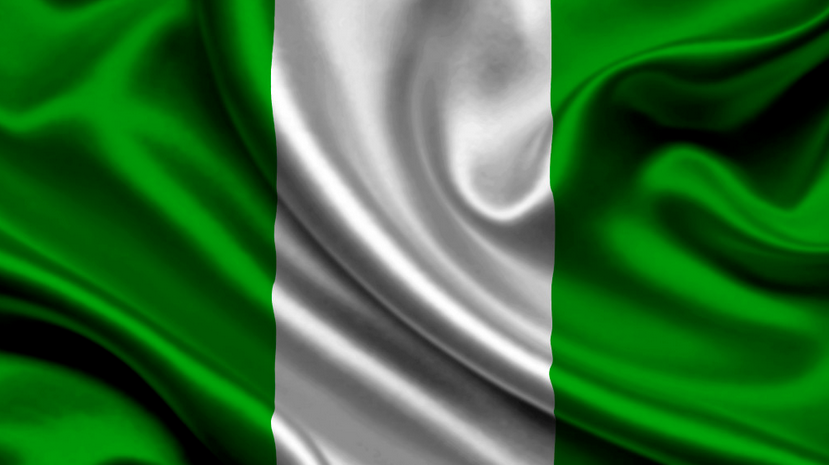
WARNING: This article contains material about homophobic-related physical assault and rape and may be distressing to some readers.
WHEN I was a young boy in Lagos, Nigeria, I had a mysterious, unexplainable tingling sensation whenever I saw an attractive guy. The stories I heard regarding romance involved a boy and girl. So I thought to myself: maybe I’m a girl deep down. That seemed like the only explanation for my attraction.
I kept thinking that maybe God made a mistake. Perhaps I was meant to be a girl. I never had issues with my body. I wasn’t interested in getting rid of my penis or growing breasts. I just thought that in order to be with a boy I have to be a girl.
Gay people in Nigeria were invisible — constantly hiding. We never had TV series or movies with gay characters, so I was confused. All I knew was that people discussed homosexuality with so much disgust.
At the age of nine or 10, depression kicked in as I realised my family would hate me if they learnt the truth. Even in school, I was bullied by classmates. My friends made fun of my femininity. I tried to blend in by playing sports but I was terrible. I had only one friend and he was feminine as well — but not gay. The two of us were frequently bullied, physically and emotionally. Most nights we contemplated suicide. We even talked about poisoning the guys who attacked us. It sounds crazy but picture yourself in a boarding house stuck in there day and night for months with boys relentlessly attacking you.
Here in Nigeria I haven’t met a single gay guy, at least not one that I know of. I have tried chatting to some men through Grindr but I fear someone might track me and arrest or kill me.
Although I’ve been chatting online with a guy for a year we’ve never met. He advised me that the best way to survive is to live a sexless life. There’s no one to trust and if you get HIV securing proper treatment is very rare. Yes, it’s that bad.
I have spent most of my life living in fear. I have very little freedom in Nigeria.
Life is dangerous. I saw a video at an online news site where two suspected gay men were being beaten to death with planks of wood; their blood splattered on the ground. I saw the crowd watching. Kids were among the onlookers. No one did anything to stop their murder.
Another video I watched this year shows a mob surrounding two naked men in a derelict building; forcing them to have sex as a way of degrading them. One naked man tugs the penis of the other on the orders of the vigilantes. The eyes of the naked men flicker through the crowd with fear. A member of the crowd punches the man whose penis is being tugged and shouts at him to become erect and penetrate the other man. Once erect, he enters him. One of onlookers asks, “has it entered?” Everyone in the crowd is recording this moment on their phones. This is Port Harcourt, Nigeria, in 2014. The vigilantes are, apparently, “normal” people, yet they are deliberately terrorising and humiliating two men suspected of homosexuality.
My mother told me about a gay man who flirted with a male hairdresser at a salon. The hairdresser wasn’t gay and immediately took offence. He yelled and alerted a crowd of people who gathered around the gay man, hurling insults and assaulting him.
There was a time when newspapers published the names, addresses and photographs of some of the House of Rainbow Metropolitan Community Church members. It’s an LGBT-friendly church and several members were threatened and beaten.
I know about gay men being raped and the gang rape of a lesbian — all by straight men. This isn’t about sex or sexual orientation. It’s all about power, violence and malicious homophobic abuse.
Early this year, suspected gays in the northern part of Nigeria were reportedly caught and stoned to death. The consensus is that homosexuals deserve it, and that the country needs to be cleansed.
Also, I’ve heard about guys who flirt with gay men just to lure them into a death-trap. They deceive the gay guy and invite him to a certain place where other homophobes are waiting to attack. I think this was how a guy I used to chat with on Grindr died. His corpse was found in pool of blood in a hotel room that was booked by some guy and his friend.
When the anti-gay bill was passed by President Goodluck Jonathan earlier this year, he had a lot of supporters. Most Nigerians claimed it was the only way to avoid the country becoming the modern Sodom and Gomorrah. They forgot that in Genesis 19, when the men from Sodom besieged Lot’s house, they wanted to gang rape the angels which had come in the form of men. Lot offered them his daughters instead but they refused. It wasn’t about homosexuality.
Among those supporting the new homophobic legislation were the Christian Association of Nigeria, Ndigbo Cultural Society of Nigeria, Adada Media Forum and Jama’atu Nasril Islam. Prominent individual backers included the national publicity secretary of Arewa Consultative Forum, Anthony Sani; Senator Rowland Owie; and Director of Social Communications at the Catholic Archdiocese of Lagos, Monsignor Gabriel Osu.
Elder statesman and veteran politician, Alhaji Tanko Yakasai, said: “President Jonathan should be commended for taking a bold step to sign the bill into law. Same-sex marriage is not only alien to Nigeria but to the entire African continent.”
The Ndigbo Cultural Society of Nigeria president, Chief Udo Udeogaranya, said the new homophobic law would preserve and sustain African culture. But he wants the government to go further:
“We urge members of the National Assembly and the President to consider filtering and censoring programmes being disseminated into the country from the Western media, as another major step in protecting our young ones from immoral and uncultured views.”
There’s poverty, poor education and a high unemployment rate in Nigeria but the government chooses to focus on homosexuality.
This is a country where people die from Boko Haram bomb explosions, car accidents due to bad roads, a high crime rate and poor healthcare, yet the majority of people support the government’s claim that homosexuality is the main issue in Nigeria. You can only argue against this anonymously and online. Anyone who does so is bombarded with abuse and accused of being gay.
I’m sick of hearing this homophobia — and hiding. I’m speaking out because keeping quiet hasn’t done us any good. I’m speaking out because I had a taste of freedom for the first time when I was studying in England and I want to taste it again. I want it to linger this time. I want to share that freedom with other gays in Nigeria. I want everyone to be proud of who they are. The majority of Nigerians need to be properly educated. Their fear is a product of misunderstanding.
I have argued with some homophobic Nigerians and from what I noticed they hate gays because they were told to hate us by their religion. They also think: “Gay people are not like us, therefore they are bad.”
They have zero clue what it’s like to be gay, which from my perspective gives them a better reason not to judge. Besides isn’t it a sin to judge? Isn’t it a sin to kill? Jesus stopped those men from stoning the adulteress in the Bible but these Nigerians, these Africans persecuting homosexuals in the name of God, have forgotten the actual the word of God.
I know I’m not safe, none of us are. If we aren’t being persecuted we’re living in another hell, pretending each day that we’re just like everyone else. Lying to ourselves and depriving ourselves of a brighter future. Do we want to spend our lives sexless? If we get into a relationship do we want it to be hidden forever? Most of us want to have kids? How do we get there? That’s why I’m speaking up.
• Ethan Regal lives in Nigeria. His name is a pseudonym to protect him from violent reprisals.
This piece was first published by the Peter Tatchell Foundation: www.PeterTatchellFoundation.
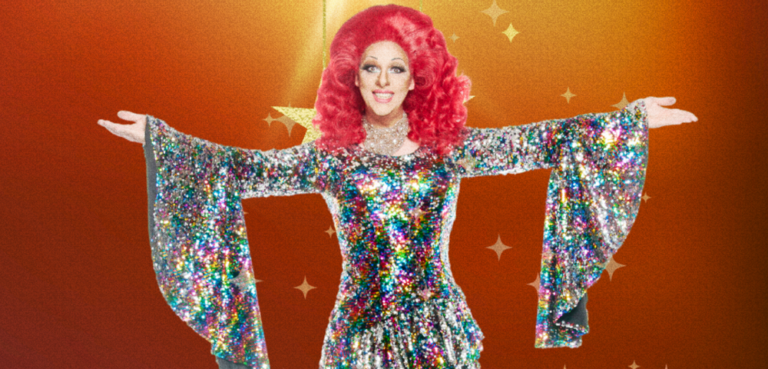
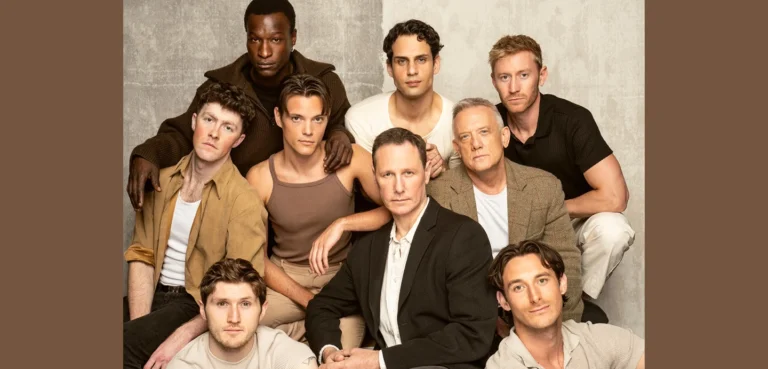
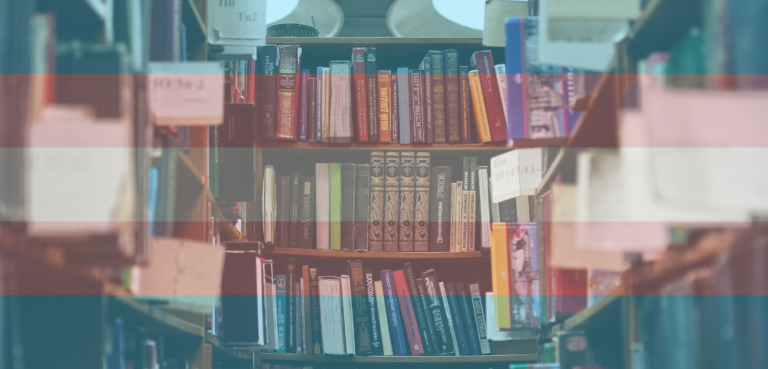
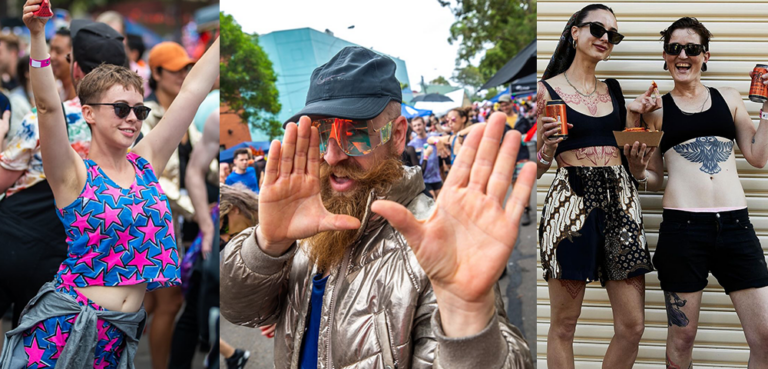

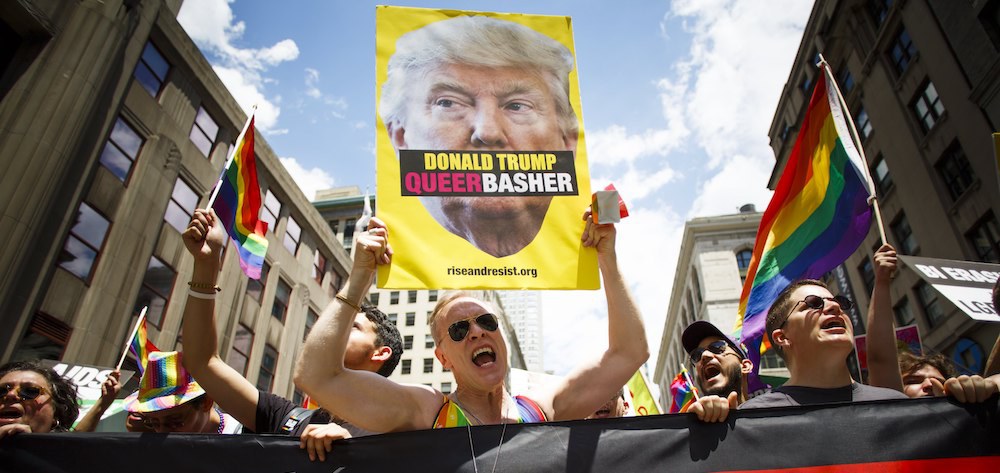
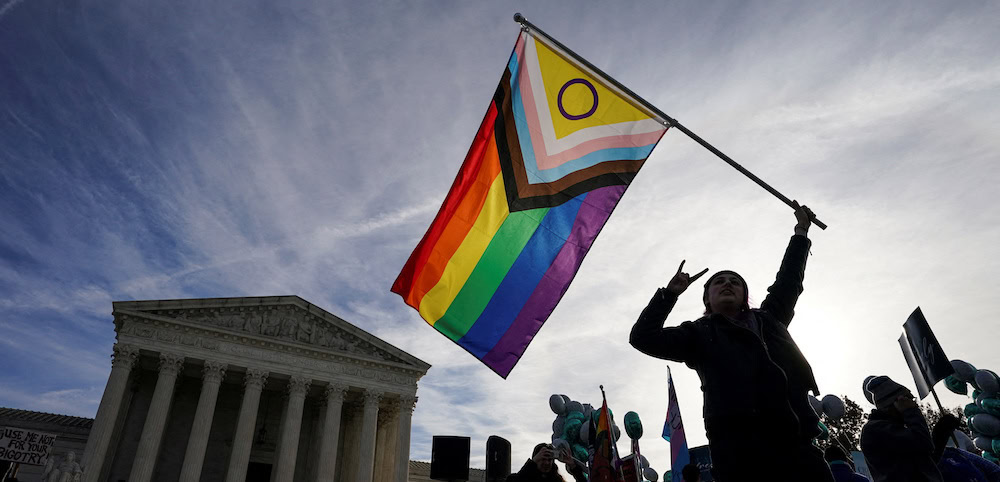
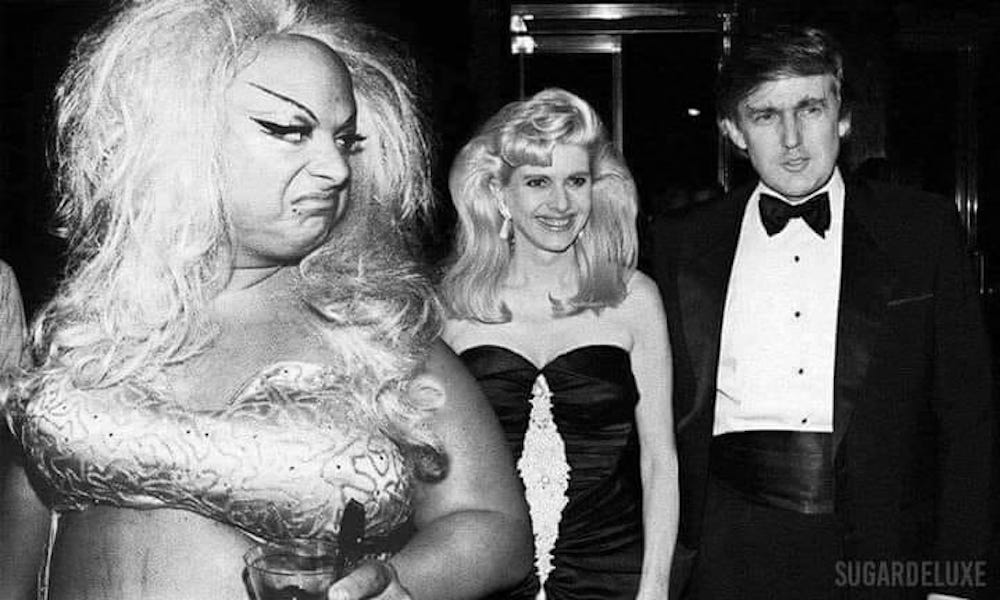
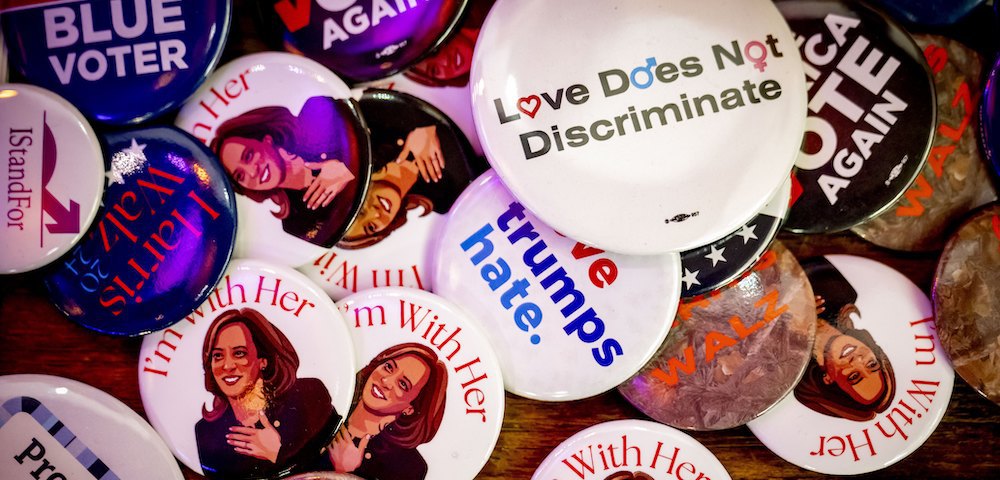

So sad. I don’t know how people can be so cruel. I’m sorry but I really don’t know what can be done except try to get out. Thanks for the courage to tell your story